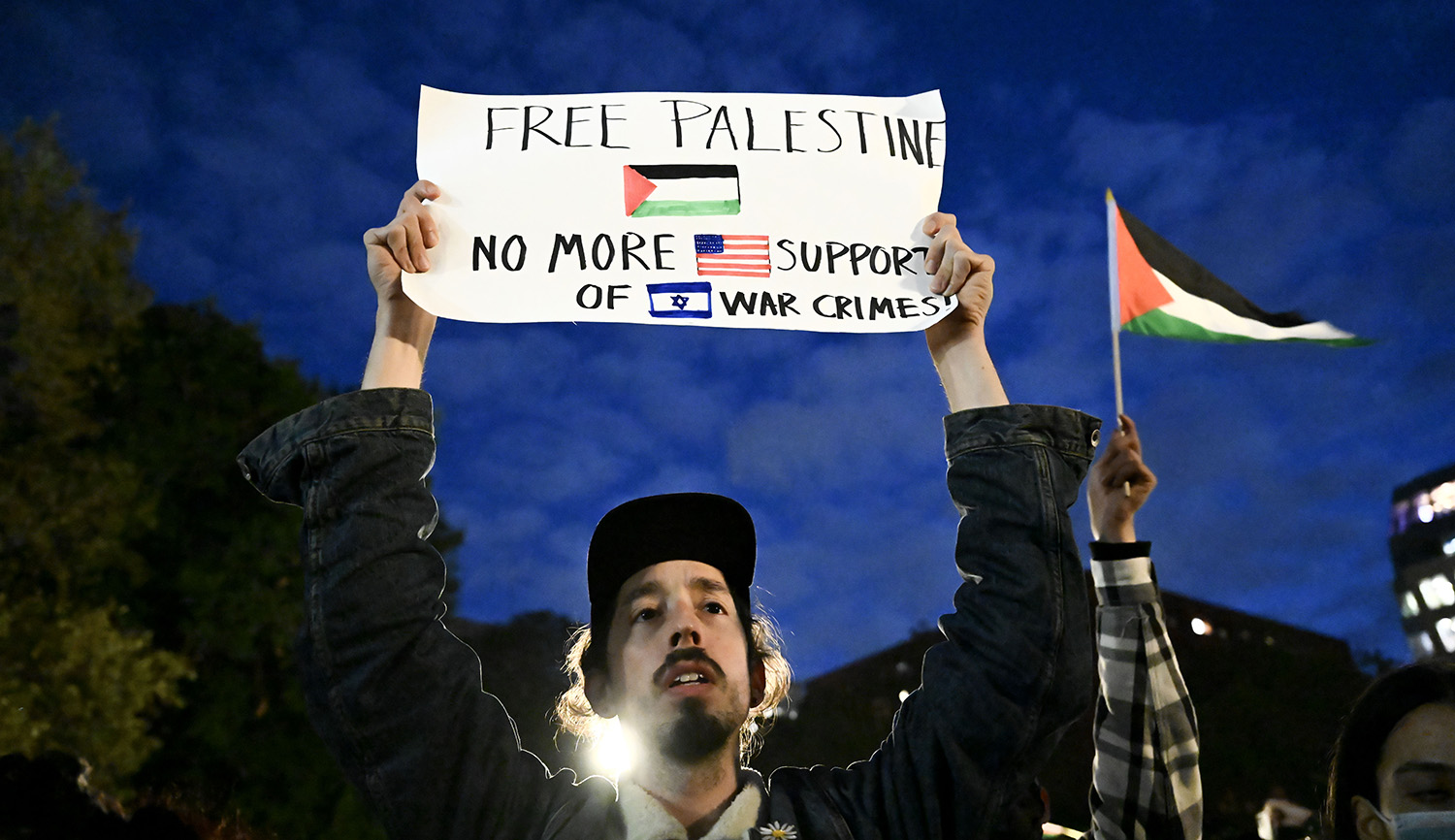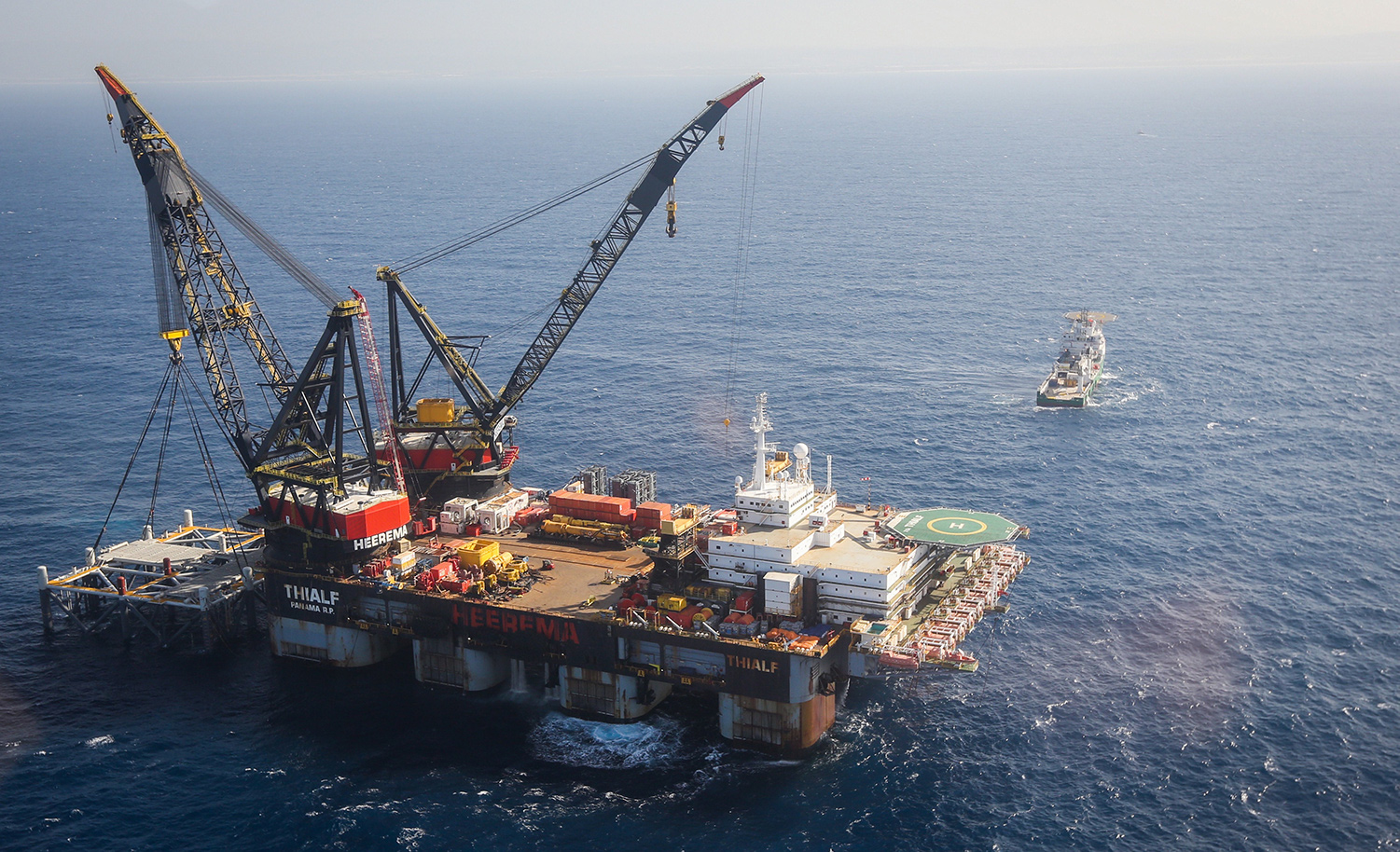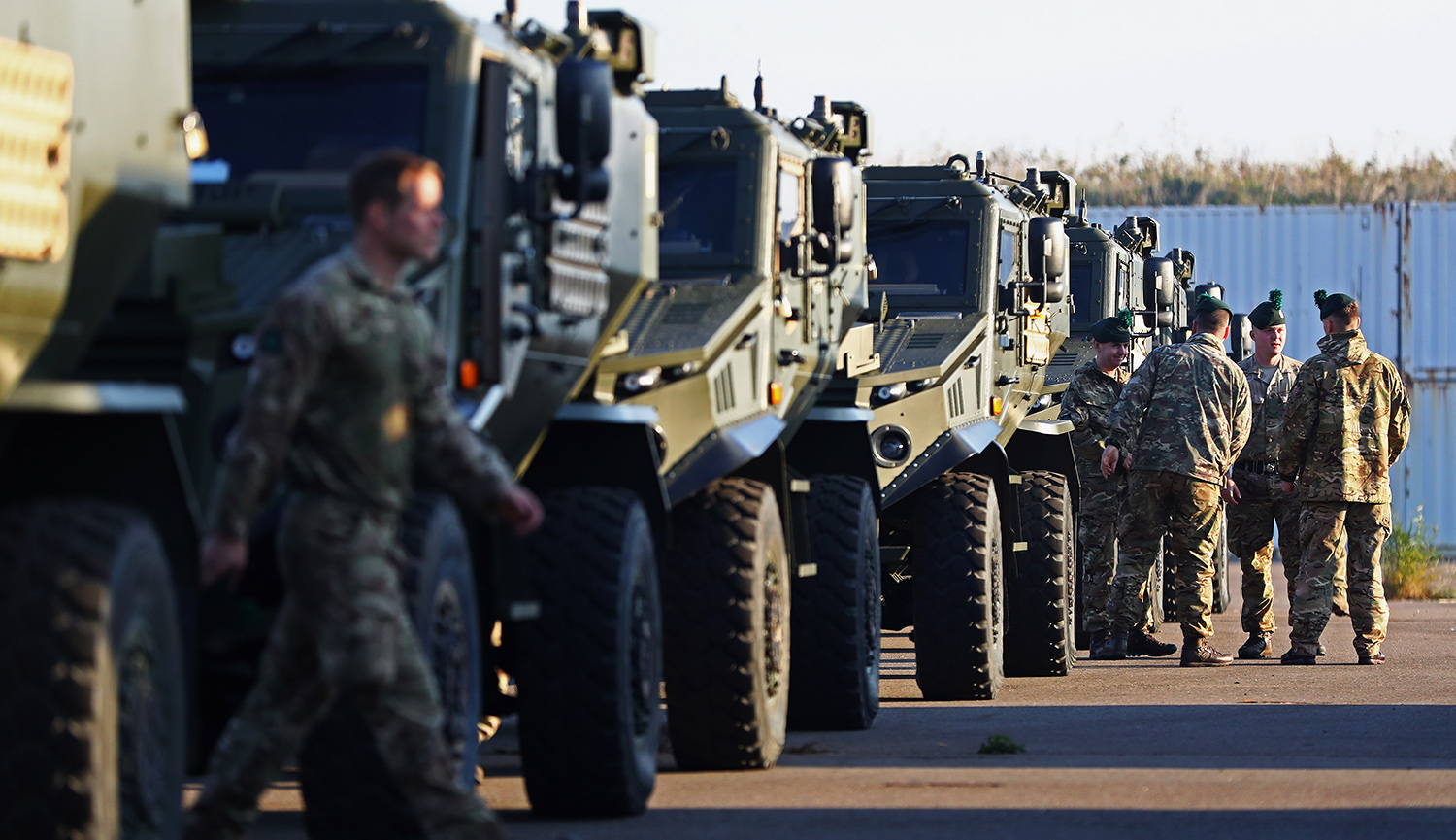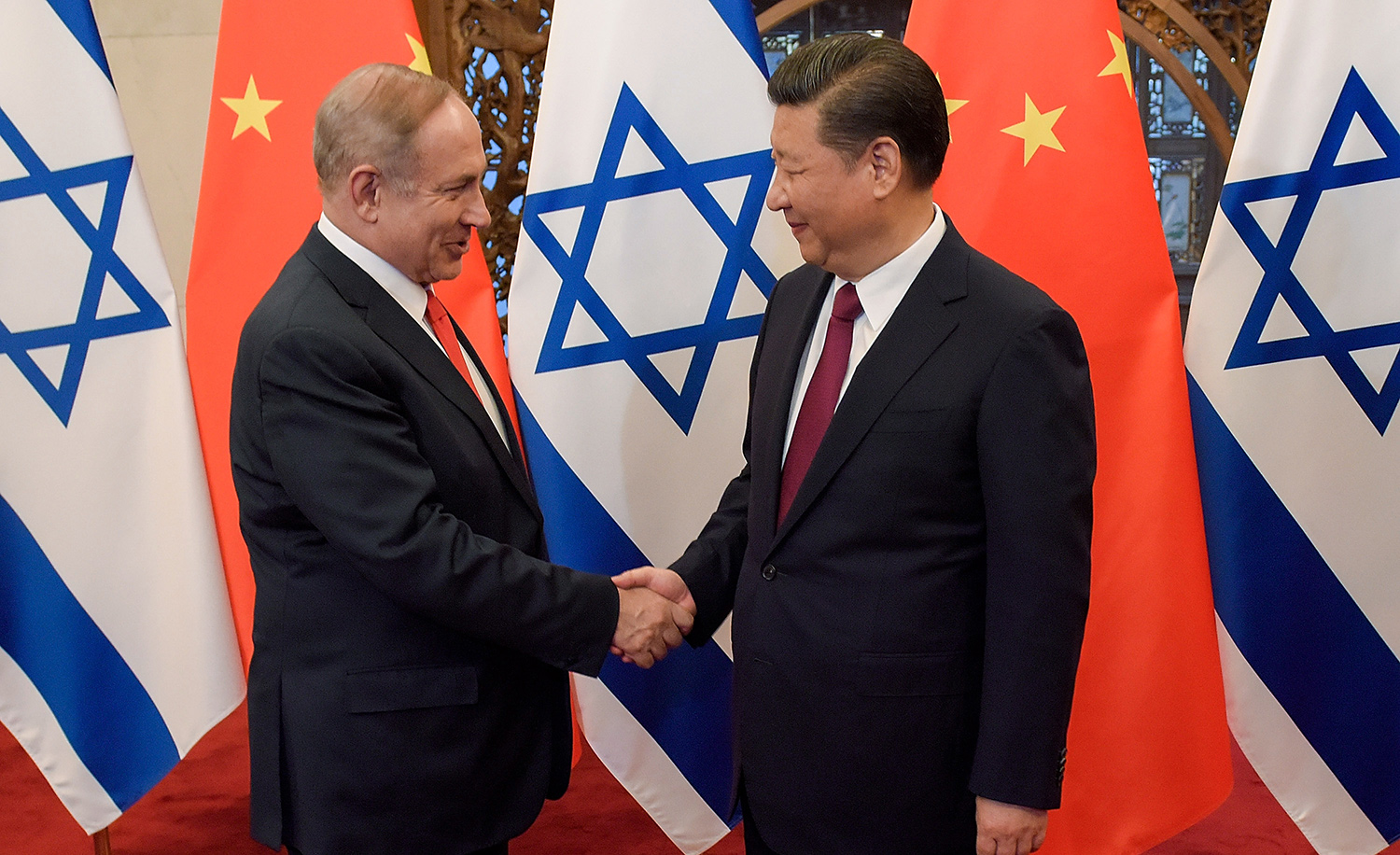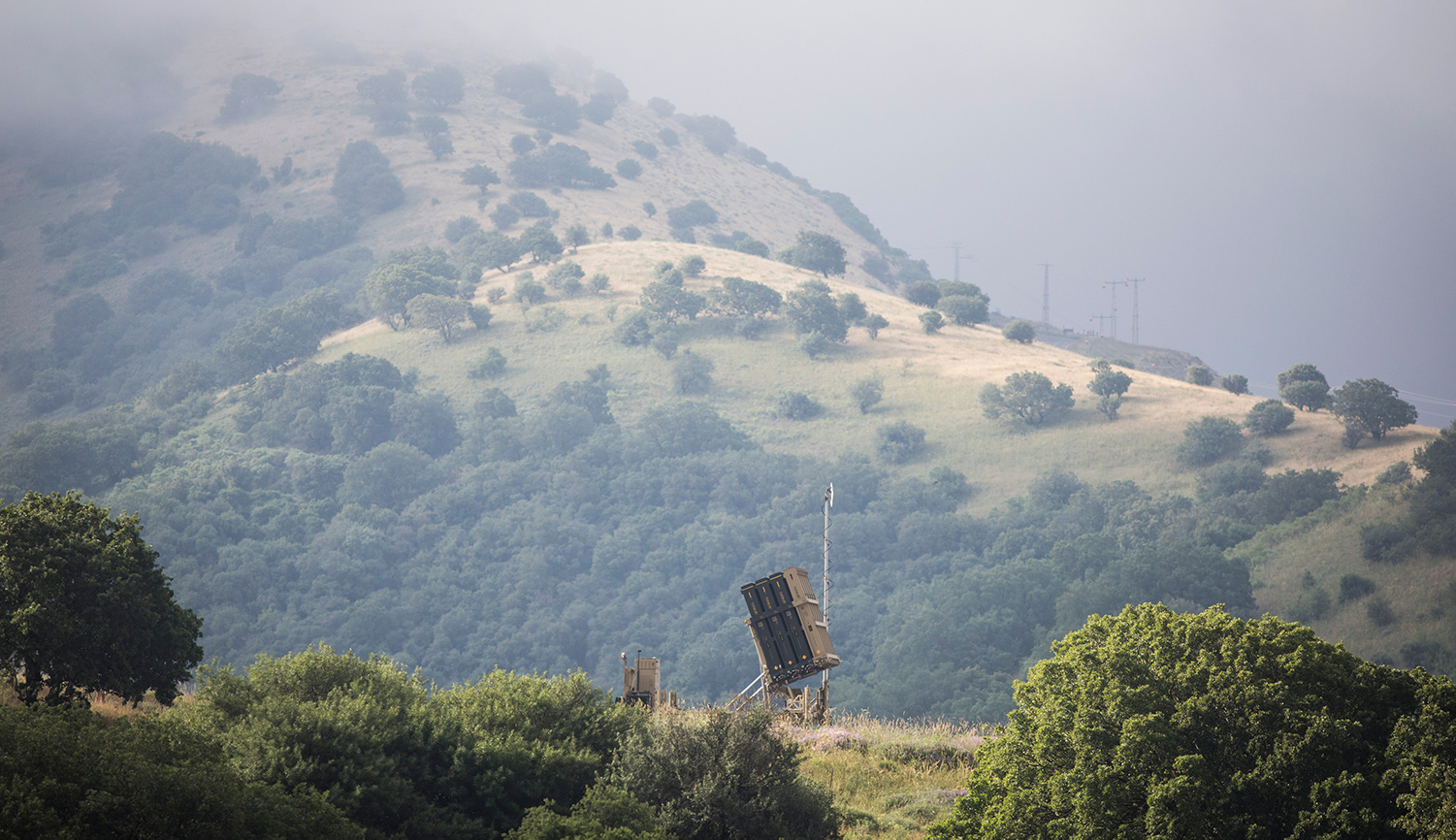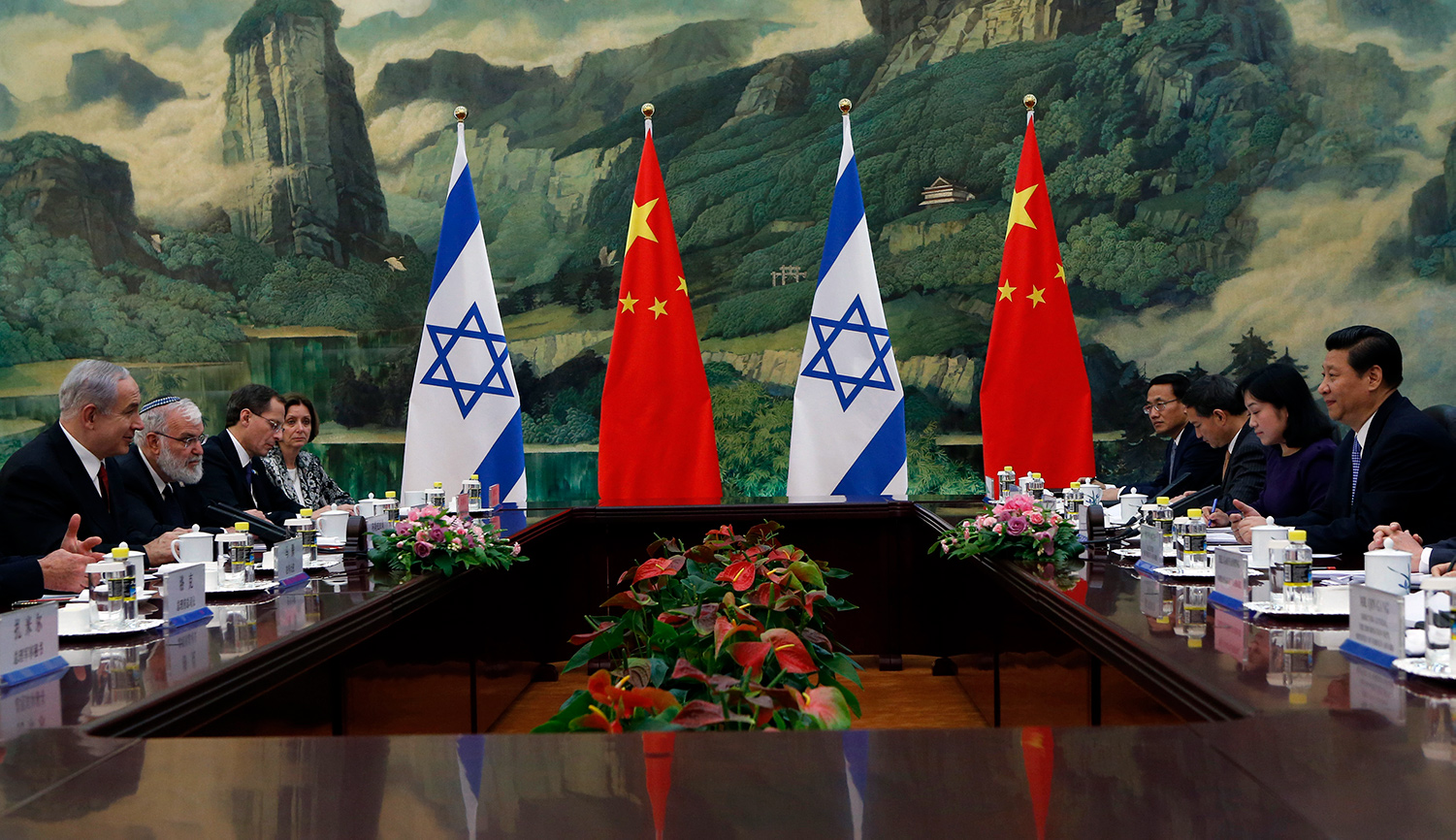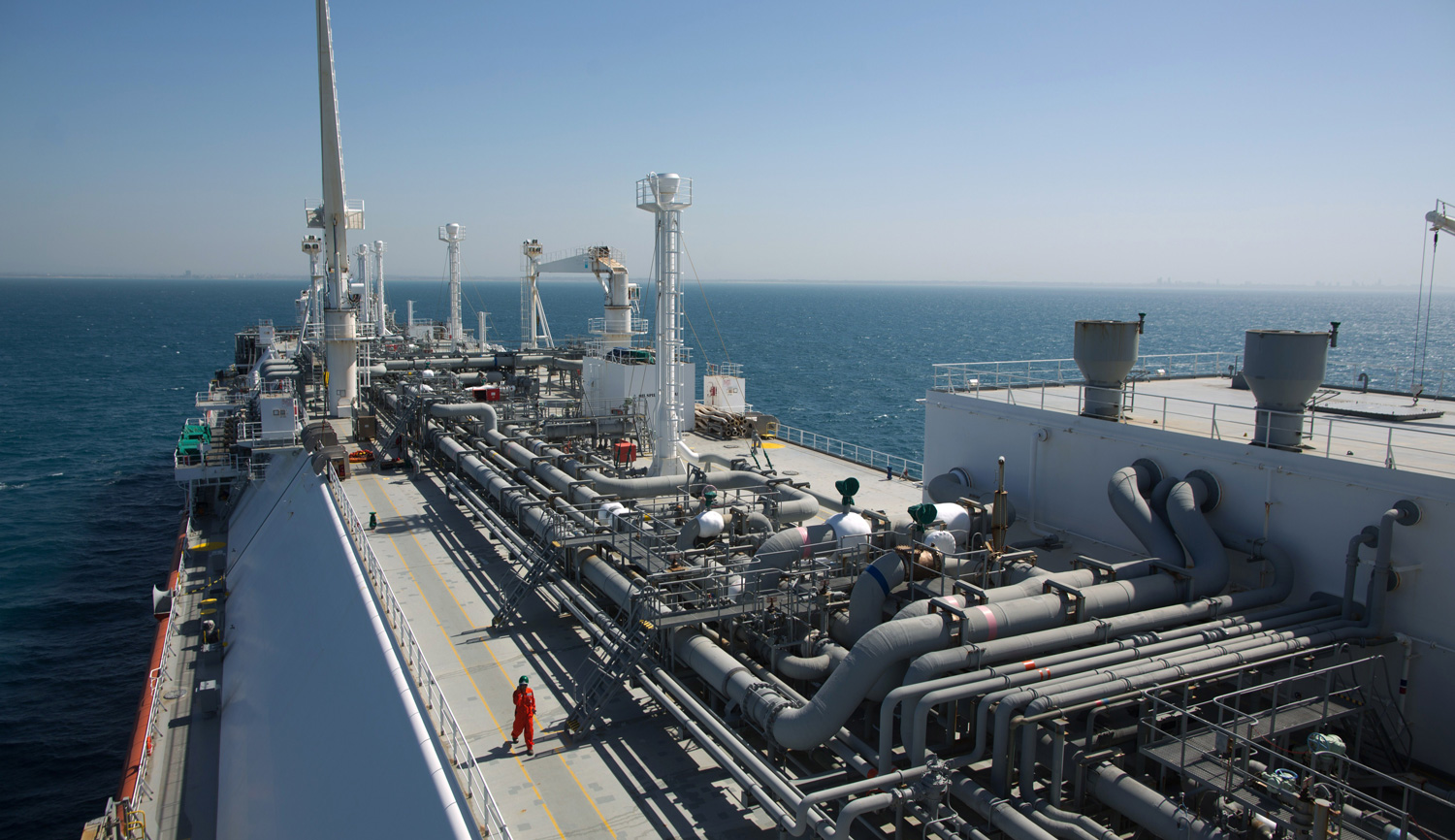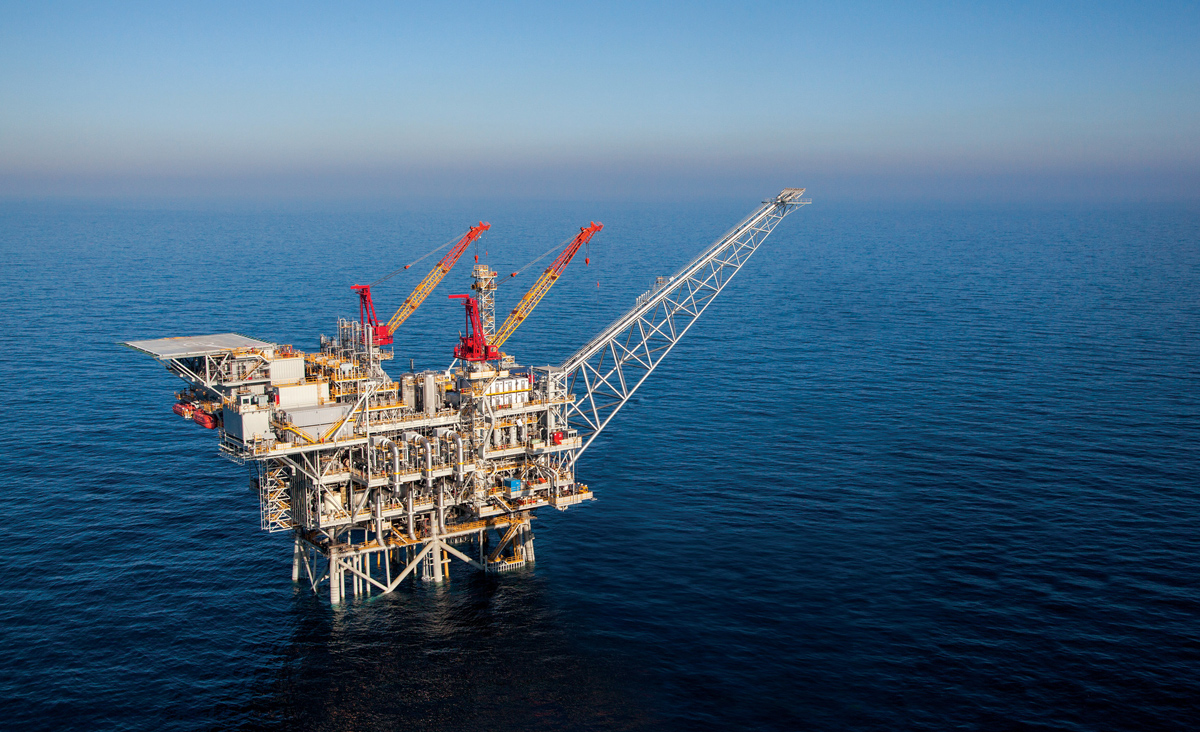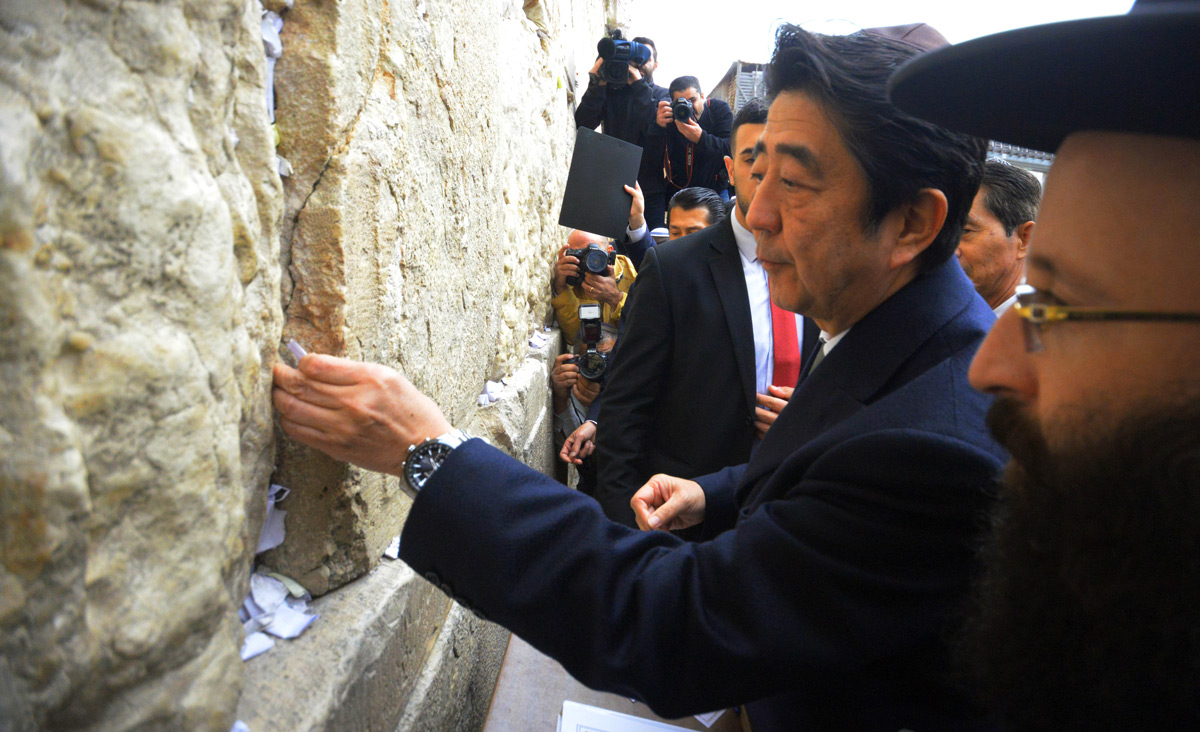Arthur Herman
Arthur Herman is a senior fellow at the Hudson Institute and the author of several books, including 1917: Lenin, Wilson, and the Birth of the New World Disorder (HarperCollins, 2017).
Israel’s Existential Struggle Is Also the West's
For the West, what’s at stake now is not just the safety of Israel’s citizens, but its own.
How Israel Got Its Energy Groove Back
Just a few years ago, Israel’s massive natural-gas fields were caught up in endless infighting. Now, thanks in part to the UAE deal, they’re about to transform the region’s economy.
It's Time for a “Common Market” in Defense Trade
A series of defense-trade treaties among the world’s leading democracies would help defend all of them, and us, against China.
Podcast: Arthur Herman on the Impact of China on the U.S.-Israel Relationship
The historian and foreign-policy expert joins us to talk about strains between friends and how to overcome them.
The Impasse Obstructing U.S.-Israel Relations, and How to Remedy It
In some ways, the two countries have never been closer, but in others, and notably with regard to China, they’ve never seemed farther apart.
Israel Is Playing on the Global Stage Now, and Its Strategists Need to Act Like It
Otherwise, Israel will end up making the same mistakes with regard to China that the U.S. did.
Israel and China Take a Leap Forward—but to Where?
After decades of almost no interaction, relations between the two nations grow increasingly warmer and closer. There’s plenty of good news—and, for Israel, plenty of risk.
The Factors Working in Israel's Geopolitical Favor
Israel has successfully navigated the post-Arab Spring chaos, it has the region’s most powerful military, and it will soon be a major energy player.
Everybody Loves Israel
Formerly neutral or hostile countries from across the world, including Saudi Arabia and China, are now eagerly courting the Jewish state. What’s going on?
Will Israel's Natural-Gas Fields Ever Get Developed?
Tens of trillions of cubic feet of gas lie waiting offshore, with the potential to transform the world’s energy map and perhaps even stabilize the Middle East.
Israel and Japan Are Finally Becoming Friends. Why?
After decades of wariness, the two nations are being drawn together by common interests and shared fears.
